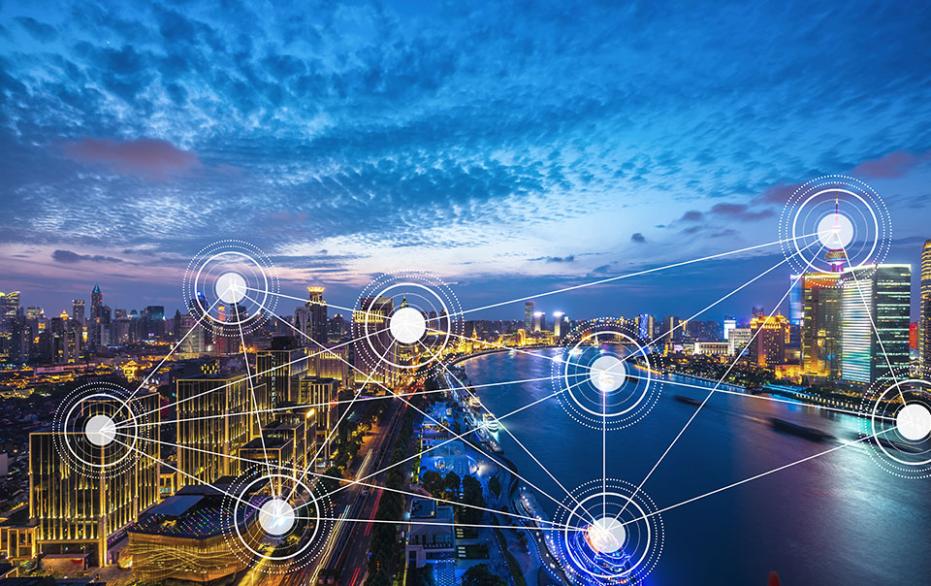How Does Artificial Intelligence Contribute to the Security of Smart Cities?
Smart cities are rapidly emerging as the future of urban living, offering citizens a host of benefits such as improved infrastructure, enhanced services, and a more sustainable environment. However, with this increased connectivity and reliance on technology comes the growing need for robust security measures to protect these cities from potential threats. Artificial intelligence (AI) is playing a pivotal role in addressing this challenge, providing innovative solutions to enhance the security of smart cities.

AI Applications In Smart City Security:
- Surveillance and Monitoring:
- AI-powered cameras enable real-time monitoring of public spaces, providing a comprehensive view of activities.
- Facial recognition technology identifies individuals and tracks suspicious activities, aiding law enforcement efforts.
- Object detection and classification algorithms identify potential threats and anomalies, triggering appropriate responses.
- Predictive Analytics:
- AI algorithms analyze historical data to identify patterns indicating potential security risks.
- Predictive modeling forecasts crime and security incidents, allowing cities to take proactive measures.
- Cybersecurity:
- AI-driven intrusion detection and prevention systems protect smart city infrastructure from cyberattacks.
- Machine learning algorithms analyze network traffic to identify malicious activities and prevent unauthorized access.
- AI-powered firewalls block unauthorized access and protect sensitive data.
Benefits Of AI In Smart City Security:
- Improved Efficiency:
- AI automates many security tasks, reducing the burden on human security personnel.
- Faster response times to security incidents due to real-time monitoring and analysis.
- Enhanced Accuracy:
- AI algorithms analyze large volumes of data, identifying patterns that may be missed by humans.
- Reduced false alarms and improved accuracy in identifying genuine security threats.
- Proactive Security Measures:
- AI enables predictive analytics and forecasting of security risks, allowing cities to take proactive measures.
- Identification of vulnerabilities and implementation of preventive measures before incidents occur.
Challenges And Ethical Considerations:
- Data Privacy and Security:
- Concerns about the collection and storage of personal data by AI systems.
- Ensuring the secure transmission and storage of sensitive data to prevent unauthorized access.
- Bias and Discrimination:
- Potential for AI algorithms to perpetuate biases and discrimination, leading to unfair or inaccurate security measures.
- Importance of addressing bias in AI systems and ensuring fair and equitable security practices.
- Accountability and Transparency:
- Need for clear guidelines and regulations governing the use of AI in smart city security.
- Ensuring transparency and accountability in the development and deployment of AI-powered security systems.
Artificial intelligence is revolutionizing the security landscape of smart cities, offering innovative solutions to address emerging threats and enhance public safety. However, responsible and ethical implementation of AI is crucial to ensure data privacy, address bias, and maintain public trust. As smart cities continue to evolve, AI will undoubtedly play an increasingly vital role in securing these urban environments and creating safer, more resilient communities.
YesNo

Leave a Reply